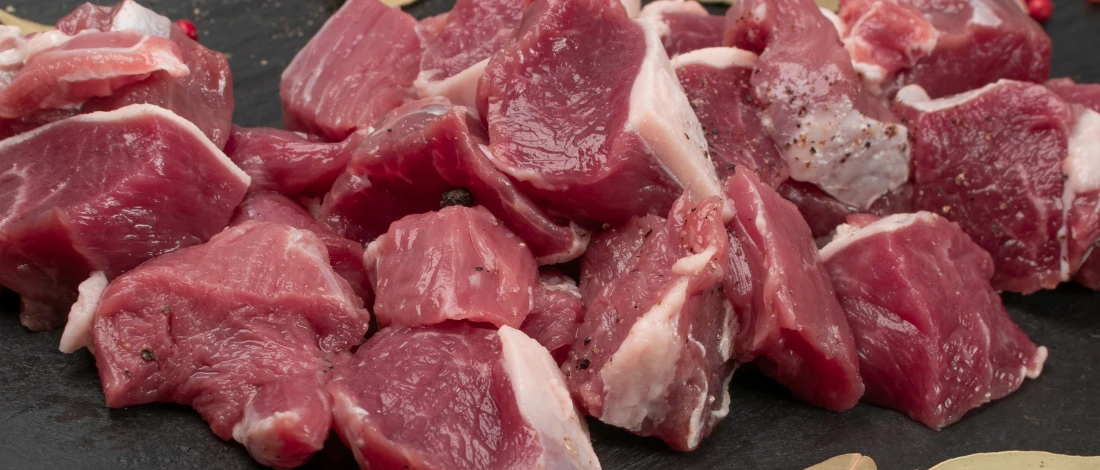Researchers Identify Mechanism Linking Red Meat and Colorectal Cancer
A recent study from the National Cancer Center Singapore (NCCS) and the Agency for Science, Technology and Research (ASTAR) has unveiled the biological pathway connecting high red meat consumption to an increased risk of colorectal cancer.
This discovery, led by Professor Vinay Tergaonkar from ASTAR’s Institute of Molecular and Cell Biology, reveals how iron in red meat can trigger cancer progression, pinpointing a specific protein interaction as the underlying mechanism.
The research highlights that the iron in red meat reactivates an enzyme called telomerase through an iron-sensing protein named Pirin.
According to the study, “We show how iron-(Fe3+) in collusion with genetic factors reactivates telomerase, providing a molecular mechanism for the association between iron overload and increased incidence of colorectal cancers.”
Telomerase allows cancer cells to extend their lifespan by continuously dividing, ultimately fostering tumor growth.
The team also identified a promising approach to inhibit this process. A small molecule, SP2509, was found to block telomerase reactivation by targeting Pirin, thus disrupting iron’s ability to bind and stimulate telomerase. In laboratory tests on cancer cells, SP2509 successfully halted telomerase activity and reduced tumor growth.
Professor Tergaonkar expressed optimism about this discovery, saying, “Understanding the role of iron in telomerase activation opens up new avenues for addressing colorectal cancer.
Our future research will focus on refining therapeutic strategies that target this mechanism, with the hope of developing more effective treatments for patients.”
This study represents a significant step in understanding how red meat can influence cancer development, particularly as colorectal cancer is a leading cause of cancer-related mortality worldwide.
While iron is an essential nutrient, its excess—especially through high red meat intake—has been shown to have potentially harmful implications.
Want to learn more about the impact of red meat on health and the latest research findings? Head to our homepage.





